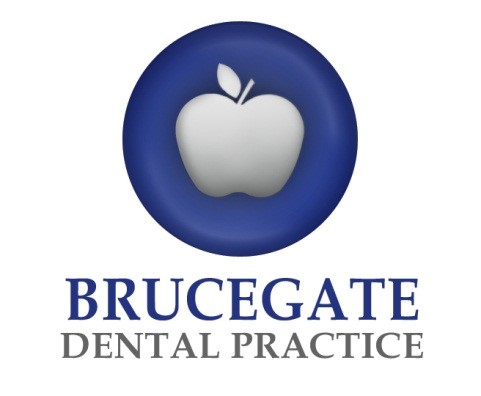Cold sore, can you go to the dentist with one?
Active cold sores can be painful and bleed during treatment, so we recommend that you wait until the cold sore has completely healed before attending your appointment. However, if you have toothache and really need to be seen there are instances where we would see you. But please make us aware you have a cold sore so we can be prepared.
What is a Cold sore?
Cold sores are small painful blisters or lumps that appear on the lips or face. They’re caused by the Herpes Simplex Virus and can be very contagious.
You can usually feel them starting with a tingling, itching or burning feeling. After a couple of days the blister or lump will appear. They usually go away by themselves within 10 days, if the cold sore doesn’t start to heal within 10 days seek medical advice from your GP.
Treatment
There are many ointments, creams and patches available from pharmacies that can help.
Creams to ease any pain or irritation, Antiviral creams to speed up the healing time, and Patches to protect the skin while it heals.
People that regularly get cold sores should use antiviral creams as soon as possible when you first start feeling the tingling/burning sensation. As they don’t always work once the blister appears.
Things you can do to help
- Eat cool/soft foods
- Wash your hands with soap and water after applying any creams
- Avoid anything that triggers your cold sore
- Use SPF 15 or over sunblock lip balm when out in the sun
- If you are able to, take ibuprofen or paracetamol to help with the pain
- Drink plenty of fluids to avoid dehydration
Avoid
- Don’t kiss anyone while you have a cold sore, especially babies as it can cause neonatal herpes which can be very dangerous.
- Don’t rub creams into the cold sore – dab it instead
- Don’t touch your cold sore (only when applying creams) then wash your hands
- Avoid citric or salty foods if they make your cold sore feel worse
